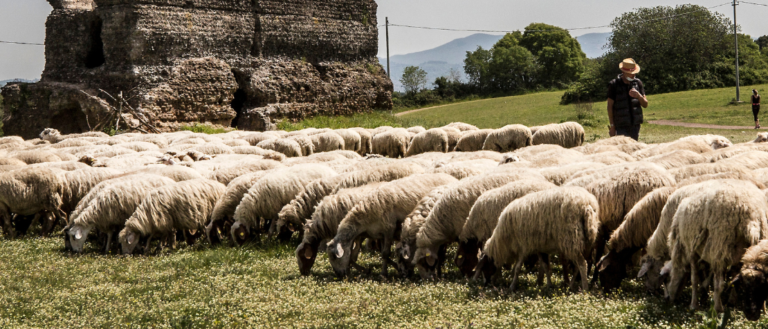A three-day seminar on One Health, co-organised by the Food and Agriculture Organization of the United Nations (FAO), the United Nations Environment Programme (UNEP), the World Health Organization (WHO) and the World Organization for Animal Health (WOAH), concluded in Vienna on June 13. Organised by the Austrian Ministry of Health and held at the Vienna Veterinary University, the conference brought together representatives of 38 government organisations across Europe and Central Asia, including Ministries of Health, Agriculture and Environment, as well as regional and sub-regional organisations, agencies, collaborating centres, reference laboratories and relevant stakeholders.
The animal-origin COVID-19 pandemic has highlighted the importance of a One Health approach in preventing and responding to zoonotic diseases. The seminar was a unique opportunity to discuss and identify opportunities and best practices for operationalizing One Health to address health threats arising from the human-animal-environment interface in Europe and Central Asia. The One Health Joint Action Plan and its accompanying implementation guide provided an important framework for discussions. These tools outline a theory of change with a clear vision, a concrete work plan, and six action tracks to guide multisectoral collaboration and enable countries to prevent future epidemics and build more resilient health systems through collaboration between human health, animal health, and environmental sectors.
During the seminar, countries made presentations highlighting success stories of the One Health approach in their regions. Discussions focused on strengthening cross-border collaboration, especially in disease surveillance, data sharing and knowledge exchange. Furthermore, participants stressed the importance of integrating the One Health concept into the curricula of professionals working in the fields of human health, animal health and the environment.
In parallel with the seminar, a meeting was held under the umbrella of the European Regional One Health Coordination Mechanism, bringing together partners including regional organizations, resource partners, academia and collaboration centers. Discussions focused on future joint activities to support Member States in Europe and Central Asia in advancing the implementation of One Health.
By addressing health challenges at the interface of humans, animals and the environment, this collaboration has the potential to create a healthier future for all.


